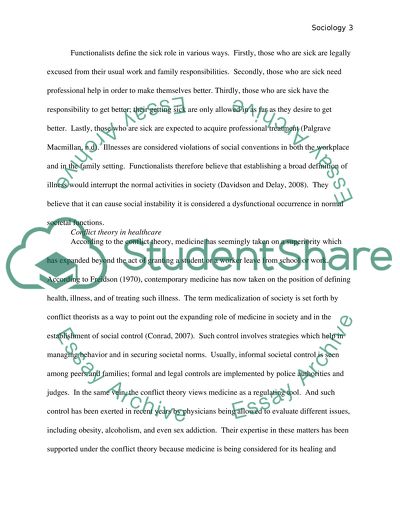Cite this document
(“Sociology - Social Institution Research Paper Example | Topics and Well Written Essays - 2000 words”, n.d.)
Retrieved from https://studentshare.org/sociology/1423379-social-institution
Retrieved from https://studentshare.org/sociology/1423379-social-institution
(Sociology - Social Institution Research Paper Example | Topics and Well Written Essays - 2000 Words)
https://studentshare.org/sociology/1423379-social-institution.
https://studentshare.org/sociology/1423379-social-institution.
“Sociology - Social Institution Research Paper Example | Topics and Well Written Essays - 2000 Words”, n.d. https://studentshare.org/sociology/1423379-social-institution.


